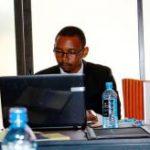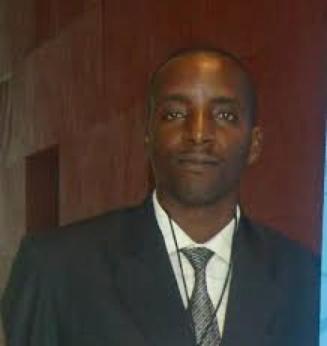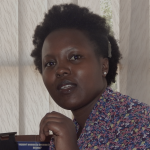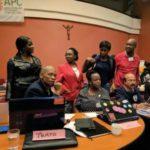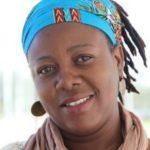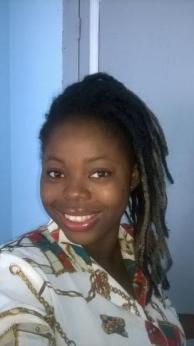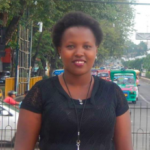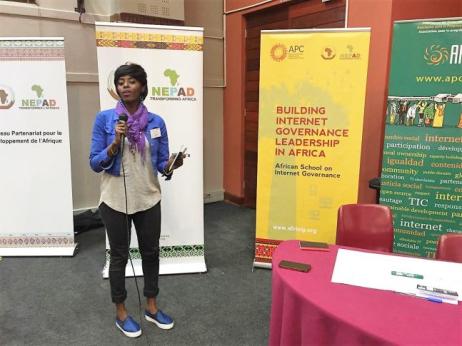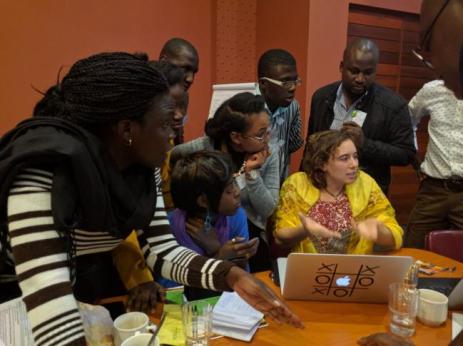The 2016 African School on Internet Governance (AfriSIG) provided a platform for discussion of issues relating to internet governance. The beauty of the school is pegged on the diverse nature of the participants drawn from different countries and from fields that include civil society, academia, the technical community and the government. With mottled experience drawn from different contexts coupled with a mix of dissimilar social and technical backgrounds, participants gear for an explosive learning curve. Through exchanges between participants during the course of the school, they… Read more
Blog
Ma participation à l’École Africaine sur la Gouvernance de l’Internet 2016 : Un exercice pratique inoubliable.Jean Paul Nkuruziza
Du 11 au 15 Octobre 2016 à Durban en Afrique du Sud, j’ai eu l’occasion de participer à l’École Africaine sur la Gouvernance de l’Internet, organisée par APC (l’Association pour le Progrès des Communications), en collaboration avec le NEPAD (Nouveau Partenariat pour le Développement de l’Afrique).
Au programme de cette session d’éducation et de renforcement de capacités en matière de Gouvernance de l’Internet, il y eut cet exercice pratique de… Read more
The right to freely express oneself is a fundamental right. Article 19 of the Universal Declaration of Human Rights” states: _“Everyone has the right to freedom of opinion and expression; this right includes freedom to hold opinions without interference and to seek, receive and impart information and ideas through any media and regardless of frontiers.”
The Internet is a new platform for women in Africa to engage freely. However, this freedom has been stifled by online violence against women, manifested in cyberbullying, threats online, body shaming, “revenge porn”,… Read more
The African School on Internet Governance (AfriSIG) 2016 is one of the most impactful programmes I have attended. I am grateful for the training that will definitely enhance my work around advocacy for open and affordable internet access. The School also enabled informal networking of participants for potential collaborations on projects at grassroots level, which is something I intend to follow up. The School created a platform where fellow countries were able to interact with each other and find a common understanding in realisation of a… Read more
The expansion of access to the internet in Africa is a game of political power and control.
I reached this conclusion as we mapped and analysed the main internet governance issues this past week during the African School on Internet Governance (AfriSIG). It is apparent that Africa’s contribution to the world’s target of connecting yet another billion largely lies on the shoulders of two main stakeholders – the government and the private sector. Unfortunately, the interests of the two in ensuring access to an open and affordable internet, in the majority of cases, are not always… Read more
The internet remains one of the historical developments transforming human behaviour, greatly impacting on the social, economic, cultural and political spheres of life at an incredible speed. The recently concluded African Internet Governance Forum held from 16 to 18 October 2016 in Durban, South Africa reaffirmed the great opportunities of the internet, demonstrating its capacity to facilitate economic growth and transform society. Increasingly the internet is changing the way we do business, socialise, engage in politics and activism, and acquire and use information. With a 28.7%… Read more
Je vais vous relater l’une des expériences tant personnelle que professionnelle que j’ai vécu cette année.
J’ai eu l’honneur d‘être parmi quelques participants retenus après le test en ligne pour faire partie de la 4e Édition de l’École Africaine de la Gouvernance Internet (en abrégé AfriSIG2016) du 11 au 18 Octobre 2016 ainsi que de la 5e Édition du Forum Africain de la Gouvernance Internet (en abrégé AfIGF), tous deux à Durban, en Afrique du Sud.
Ma participation à ces activités s’est… Read more
There is a drive to connect one billion persons worldwide by 2020. As more Africans get online, governments have the responsibility to protect the rights and freedoms of their citizens. Yet what we see currently are increased cases of crackdown on dissenting voices. In Kenya, bloggers have been arrested; in Ethiopia, bloggers have been jailed and continue to face serious threats; in Nigeria, the government is using section 24 of the Cybercrime Act 2015 as a tool for clampdown on bloggers.
Many African countries including Ethiopia, Uganda, Zimbabwe, Burundi, Chad, the Republic of… Read more
Carine Momeni, volontaire et militante des TIC pour le développement à PROTEGE QV (Organisation camerounaise membre du réseau APC) ainsi que professeure de langue espagnole, a eu sa première expérience immergée dans une sphère de la gouvernance de l’internet et raconte son expérience…
Mon expérience de l’école Africaine sur la Gouvernance de l’Internet – en abrégé AfriSIG2016 à Durban en Afrique du Sud, était vraiment impressionnante et très intéressante. Il faut noter que c’était ma première fois d’assister à cette école sur la gouvernance de l’internet en… Read more
I spent last week at the annual African School on Internet Governance – AfriSIG for short – which is organised by APC and the New Partnership for Africa’s Development (NEPAD). This post’s in two parts – the first about AfriSIG itself, the second some reflections on the issues raised.
What is AfriSIG?
First, let’s describe the School. Forty people from across the continent, from different backgrounds – government and business, civil society and media, technical and far from technical. All engaged with the Internet in… Read more

